Valentine Rennie
A master of his craft, Rennie was dedicated to preserving and performing traditional Irish harp music, a vital part of Belfast’s rich artistic heritage. His music echoed through grand halls and intimate gatherings, capturing the spirit of Ireland’s musical traditions.
Whether you're a musician, a lover of Irish cultural heritage, or simply looking for an elegant hotel stay in Belfast, this room offers a truly unique and memorable experience.
This room includes:
Room
Sleeps 2
Eco-Friendly
Toiletries
Four Poster Bed
Bay
Window
Antiqued Radiators
Tea &
Coffee
Unique City
Map
Mahogany Floorboards
Rain
Shower
FreestandingBath
About The Valentine Rennie
Valentine Rennie (c.1795/97–1837) was a distinguished Irish harper and educator, instrumental in preserving the tradition of wire-strung harp music during the 19th century. Born in Cushendall, County Antrim, and nearly blind from birth, Rennie exhibited exceptional musical talent from a young age. At 11, he was already proficient on the violin, captivating audiences with his renditions of traditional Irish melodies. Recognizing his potential, Dr. James MacDonnell facilitated his admission to the Irish Harp Society's school in Belfast, where he studied under the esteemed harper Arthur O’Neill.
Rennie's prowess quickly surpassed that of his mentor, earning him widespread acclaim. In 1821, he was among four harpers selected to perform for King George IV during his visit to Dublin, donning the attire of an ancient Irish bard . By 1823, Rennie had succeeded Edward MacBride as the 'Professor' of the Harp School in Belfast, a position he held until his death.
Rennie's contributions extended beyond performance; he was deeply committed to teaching and reviving the Irish harp tradition. His dedication ensured the transmission of this cultural heritage to future generations. He passed away on September 23, 1837, at the age of 42, leaving behind a legacy celebrated by the Belfast Harp Society and the broader musical community

















